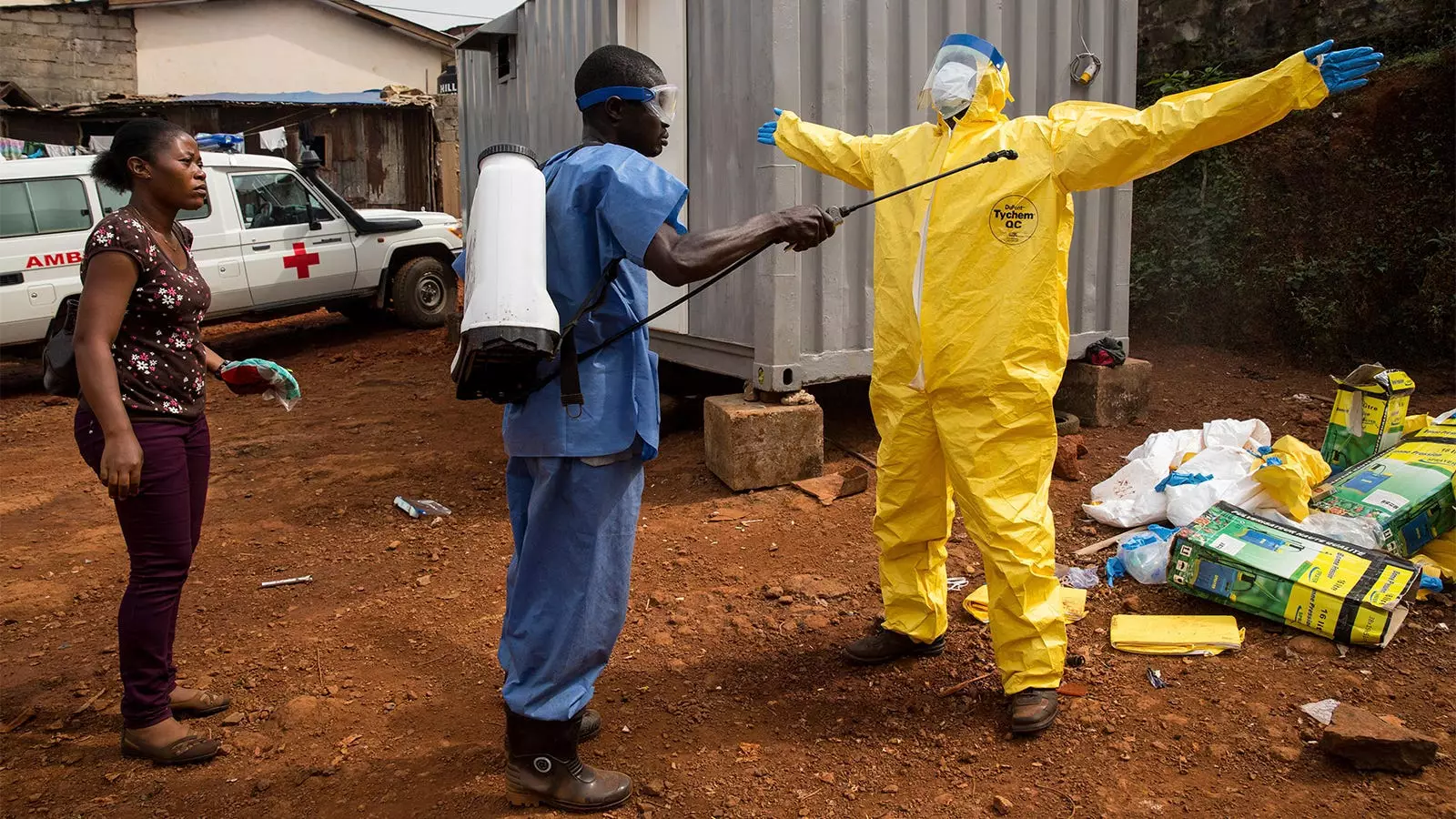In recent updates, the World Health Organization (WHO) has highlighted the significance of revising infection prevention and control (IPC) guidelines for managing outbreaks of Ebola and Marburg disease. According to a summary of the recommendations provided by Victoria Willet, RN, and colleagues in The BMJ, past experiences during outbreaks have justified the need for a review of existing IPC recommendations. One critical aspect that the updated guidelines aim to address is the prevalence of “inappropriate practices” in the management of these outbreaks. For instance, it has been noted that the excessive or improper use of personal protective equipment (PPE) can have adverse effects on healthcare workers and the environment.
The updated guidelines highlight the confusion surrounding the use of PPE, particularly when it comes to aspects such as double gloving and glove disinfection. Some facilities have been observed to have varying approaches to changing gloves between patients, leading to inconsistencies in practice. The recommendation now provides clarity on when double or single gloving should be used, how to disinfect gloves, and when to change gloves between patients. This level of detail is essential in ensuring that healthcare workers are adequately protected while managing outbreaks of Ebola and Marburg disease.
While the appropriate use of PPE remains a crucial control measure, the updated guideline emphasizes the importance of implementing engineering and administrative controls. Isolating infected individuals from healthcare workers and changing operational practices are highlighted as key strategies for creating a barrier between the two groups. However, the successful implementation of these controls requires a deep understanding of the principles involved and collaboration among various agencies and stakeholders. By prioritizing these controls, the risks associated with managing Ebola and Marburg outbreaks can be significantly reduced.
The guideline also introduces the concept of the IPC “ring” approach, which involves the rapid mobilization of teams in geographical areas at risk of infection. This proactive strategy aims to limit the spread of the disease by focusing on screening, triage, patient care, environmental cleaning, and safe burial practices. By following these recommendations, healthcare workers can minimize potential exposure to the viruses. Additionally, the guideline offers a visual summary to clearly outline these recommendations, aiding healthcare professionals in implementing the guidelines effectively.
The updated IPC guidelines for Ebola and Marburg disease are a crucial step in addressing the inappropriate practices that have been observed during past outbreaks. By providing clarity on PPE use, emphasizing engineering and administrative controls, and introducing proactive strategies like the IPC “ring” approach, healthcare workers can effectively manage and contain outbreaks of these deadly diseases. It is essential for healthcare facilities and workers to familiarize themselves with these guidelines to ensure their safety and the well-being of their patients during such challenging times.

Leave a Reply